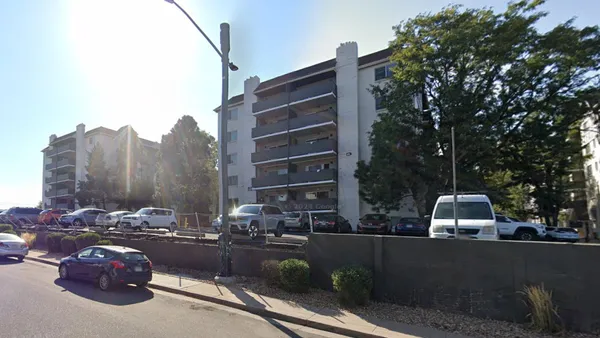Legislation designed to prevent companies from using algorithms in order to collude on prices has come back to the U.S. Senate floor after a previous version failed to pass in the last Congress.
The new Preventing Algorithmic Collusion Act was introduced by Senator Amy Klobuchar, D-Minn., and co-sponsored by eight other Senate Democrats, including Ron Wyden, D-Ore., who co-wrote the original legislation. Among other provisions, it is intended to close what the author and sponsors call a loophole in current antitrust law that requires proof of an agreement to fix prices, which may not exist when algorithms are used to set prices.
Under the bill’s definition, sharing non-public information with an algorithm would be presumed to be a price-fixing agreement. The Biden administration’s Council of Economic Advisers estimated that the use of algorithmic pricing on rents had raised costs for renters by an average of $70 per month, or a total of $3.8 billion in 2023.
“Price fixing is illegal under our antitrust laws, but the development of price-setting algorithms can exploit loopholes that could be used to unfairly raise prices on everything from rent to rideshares,” said Klobuchar in the release. “My bill will strengthen antitrust law and guarantee needed transparency to prevent companies from using algorithms to fix prices to ensure consumers are able to get the full benefits of competition.”
The bill would also require companies that use algorithms to set prices to disclose that fact, ban companies from using non-public information to train algorithms and direct the Federal Trade Commission to study pricing algorithms’ impact on competition.
Years in the making
Klobuchar’s announcement is the latest in a flurry of legal activity surrounding pricing algorithms since ProPublica’s 2022 article about the use of revenue management software in the multifamily housing industry.
Last month, the Department of Justice, along with the attorneys general of 10 states, expanded its complaint against apartment data and software firm RealPage to sue six landlords for “participating in algorithmic pricing schemes that harmed renters,” according to a press release from the DOJ.
The Department of Justice has not taken any further action related to this lawsuit since the start of the Trump administration. All news items published before Jan. 20 on the DOJ website have been archived, including a press release about the suit.
The Preventing Algorithmic Collusion Act of 2024 was co-authored by Klobuchar and Wyden and introduced on Jan. 30, 2024. A similar bill, Preventing the Algorithmic Facilitation of Rental Housing Cartels Act of 2024, was introduced on the same day by Wyden and Sen. Peter Welch, D-Vt.
Both bills were read twice and referred to the Senate Committee on the Judiciary, but no further action was taken, according to Congressional records. Another similar bill was introduced in the House of Representatives in June, but did not make it out of committee.
A number of local jurisdictions have banned the use of revenue management software in the intervening year, including Philadelphia and San Francisco. States whose assemblies introduced residential revenue management bans that did not pass in 2024 include Illinois, New Hampshire, California, Colorado, Connecticut, New York, Oklahoma and Rhode Island.











